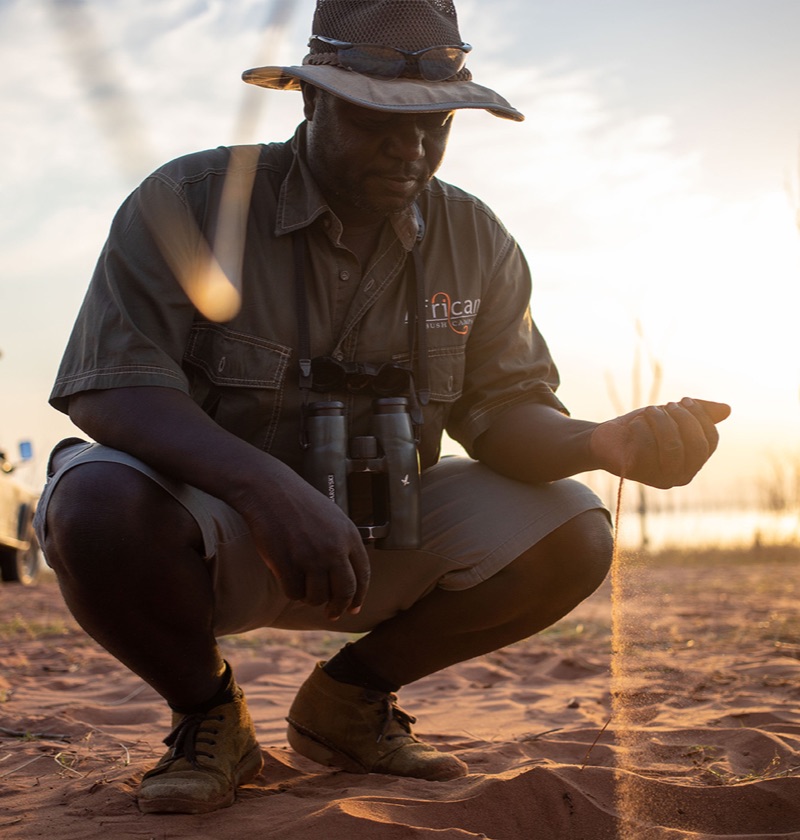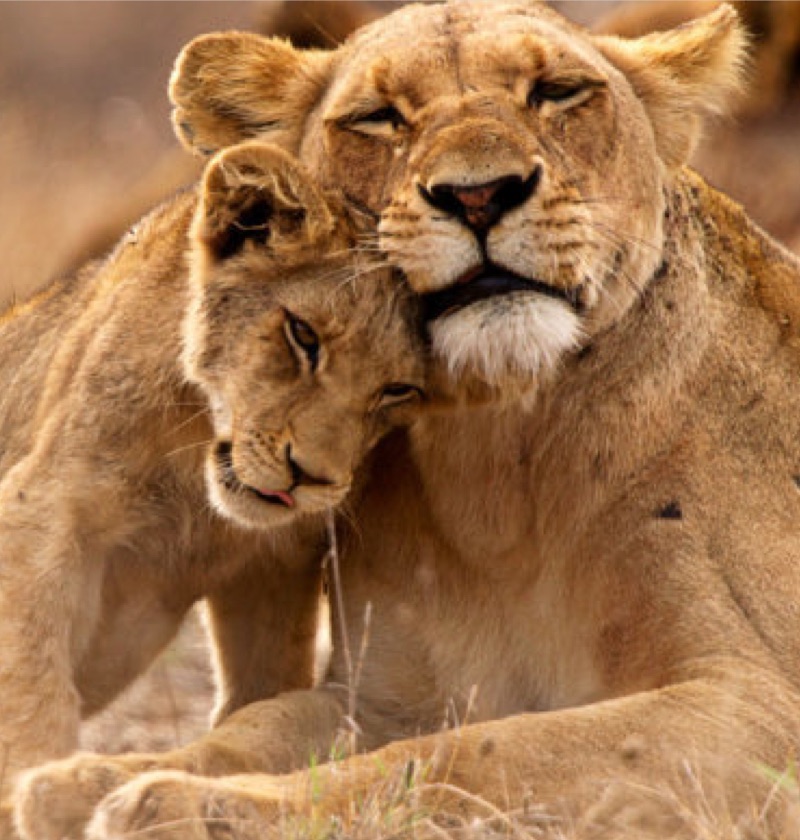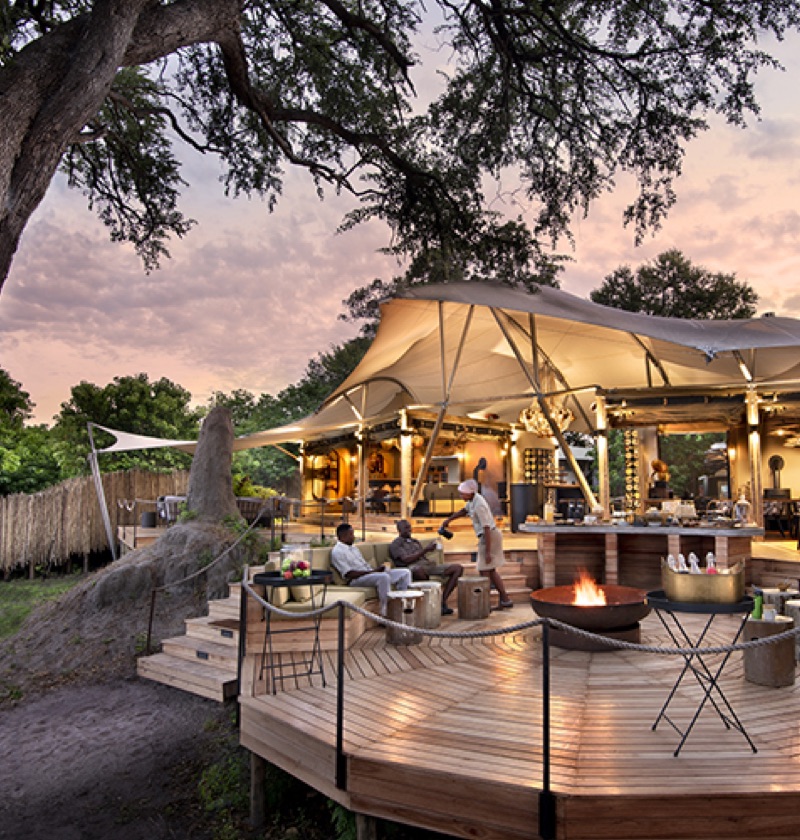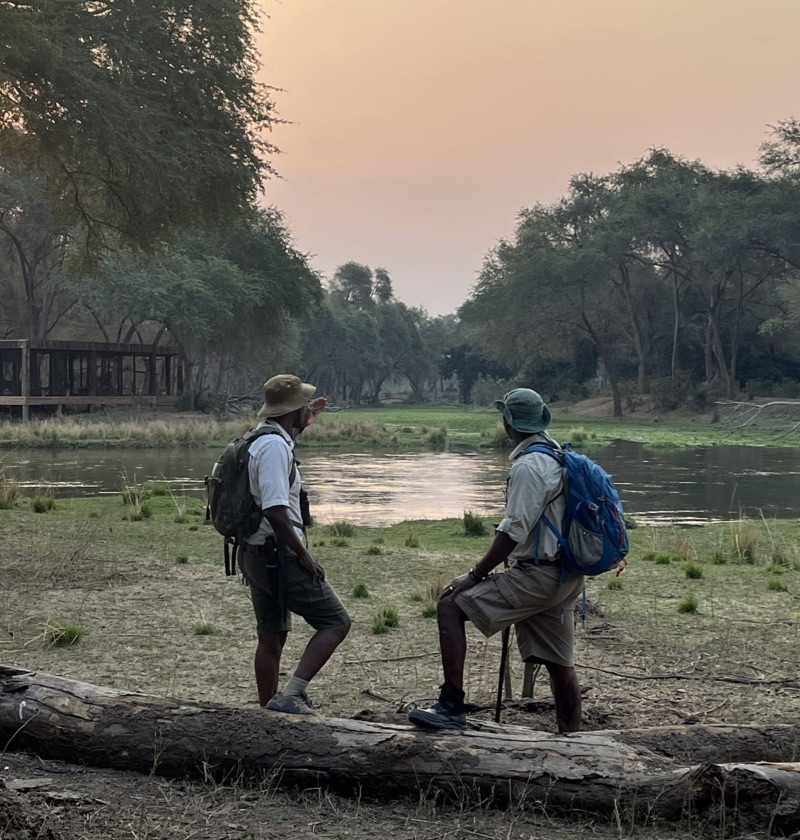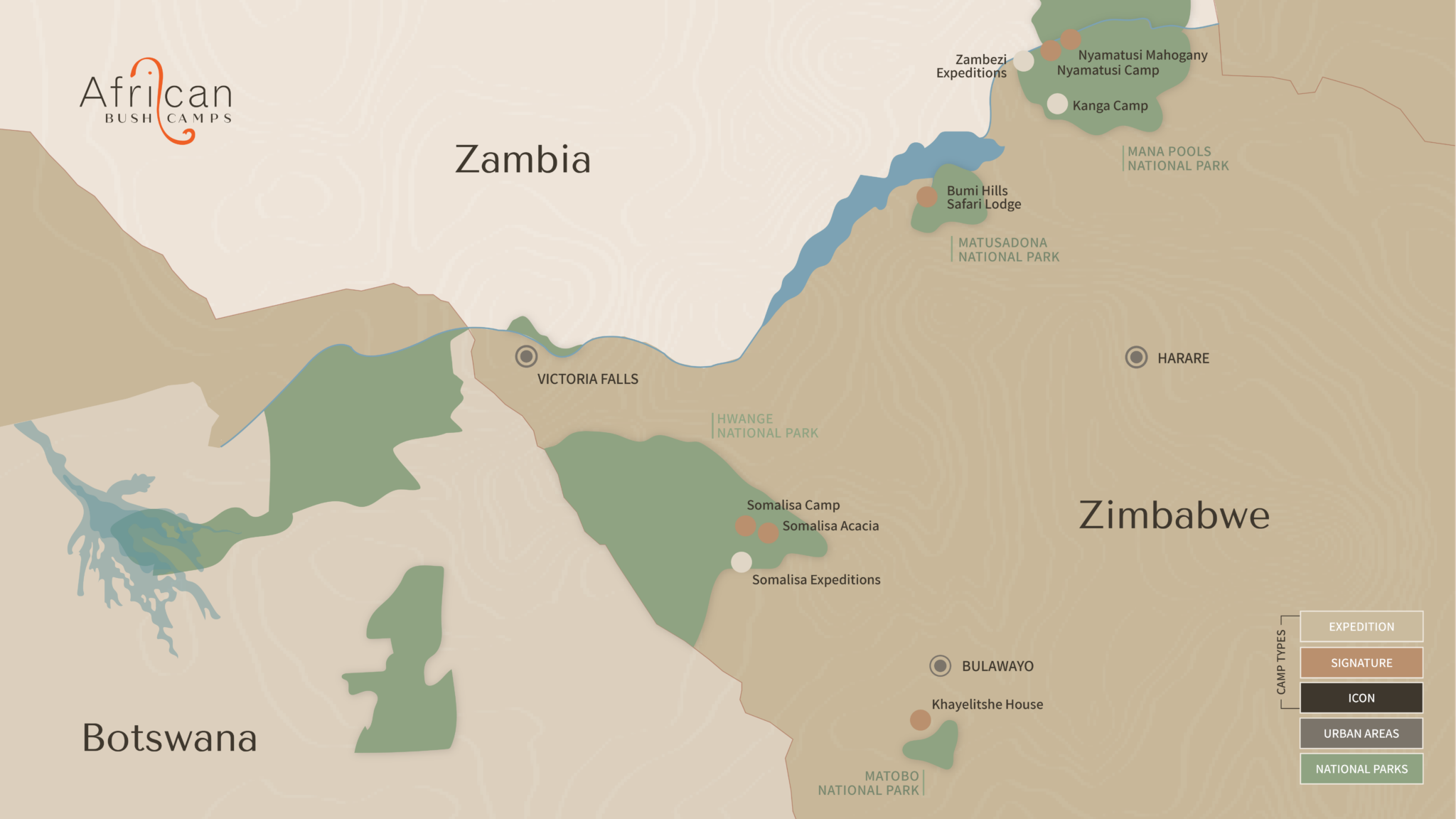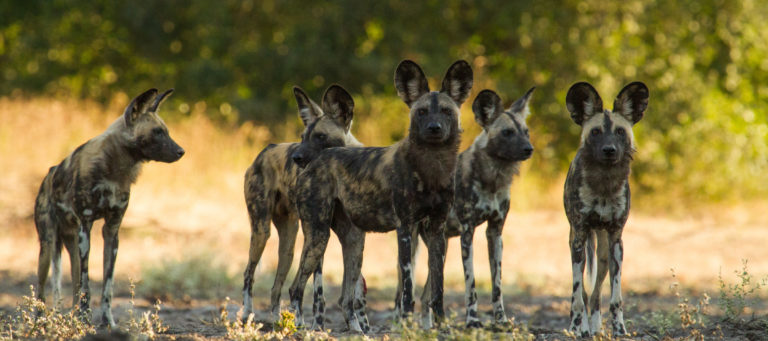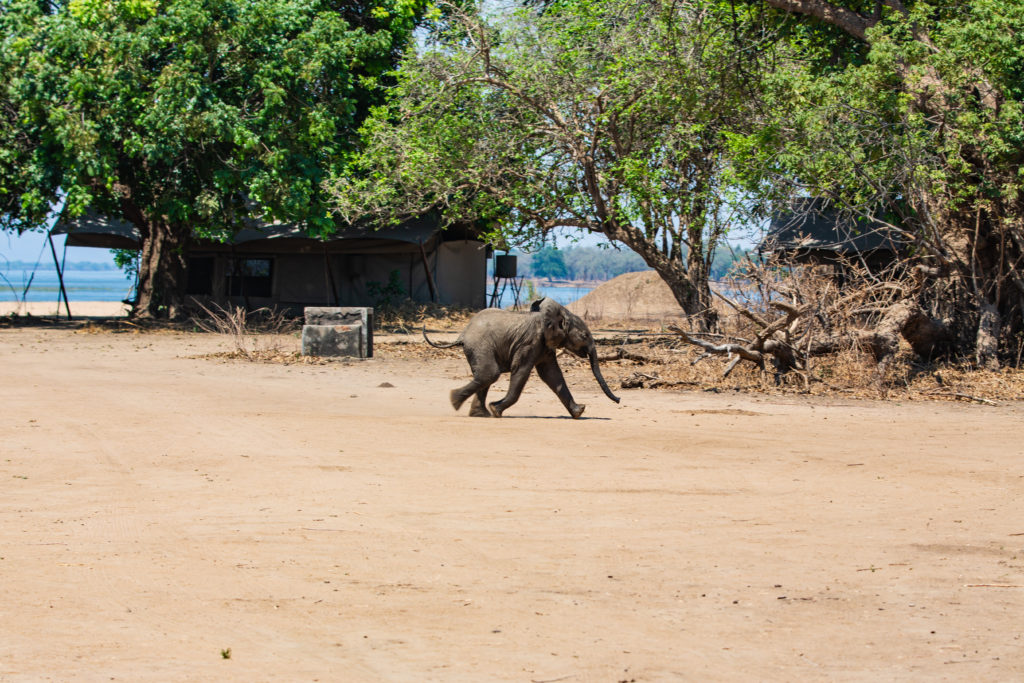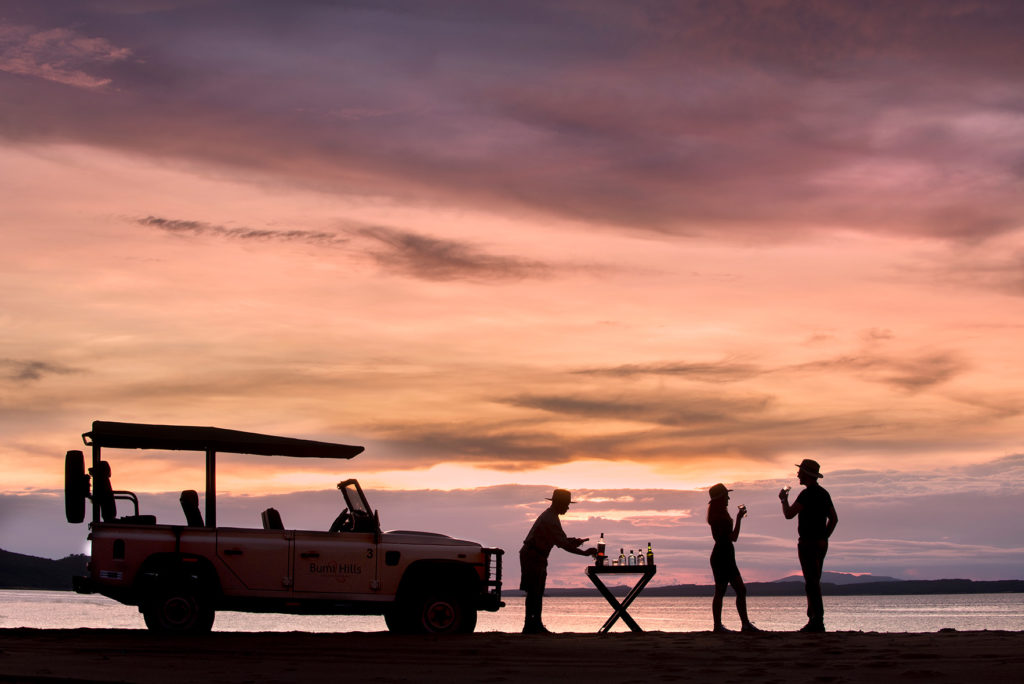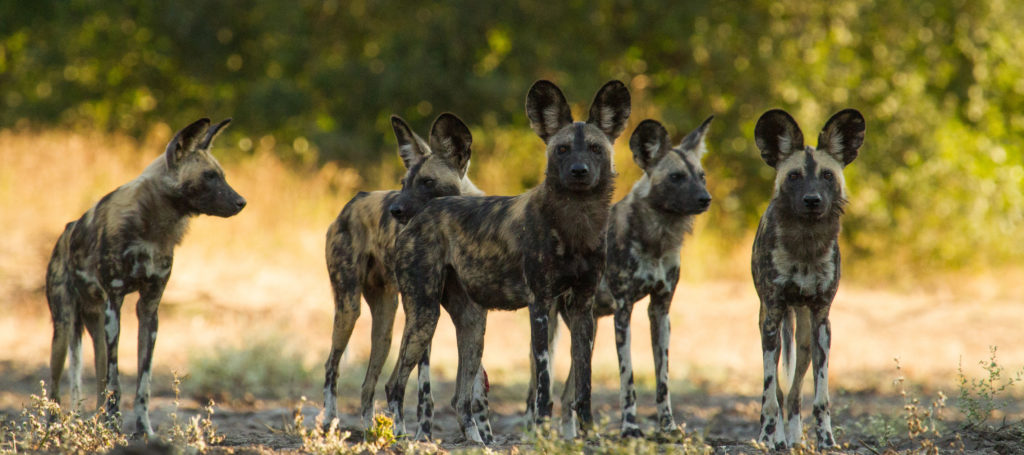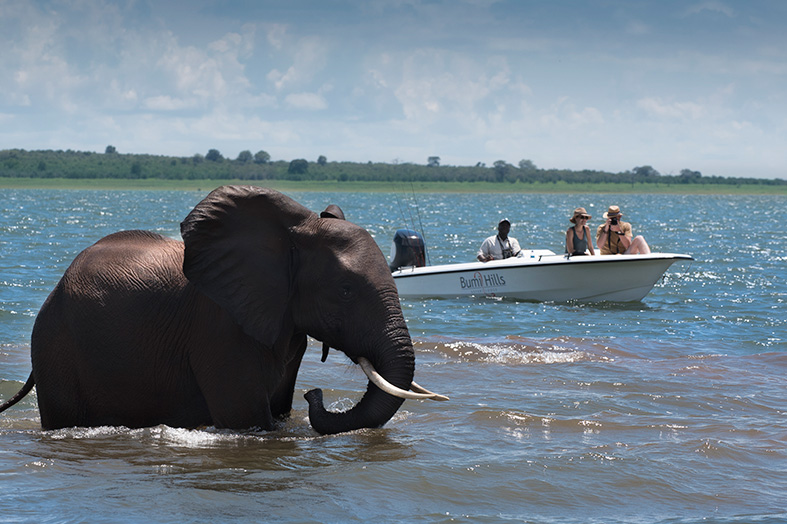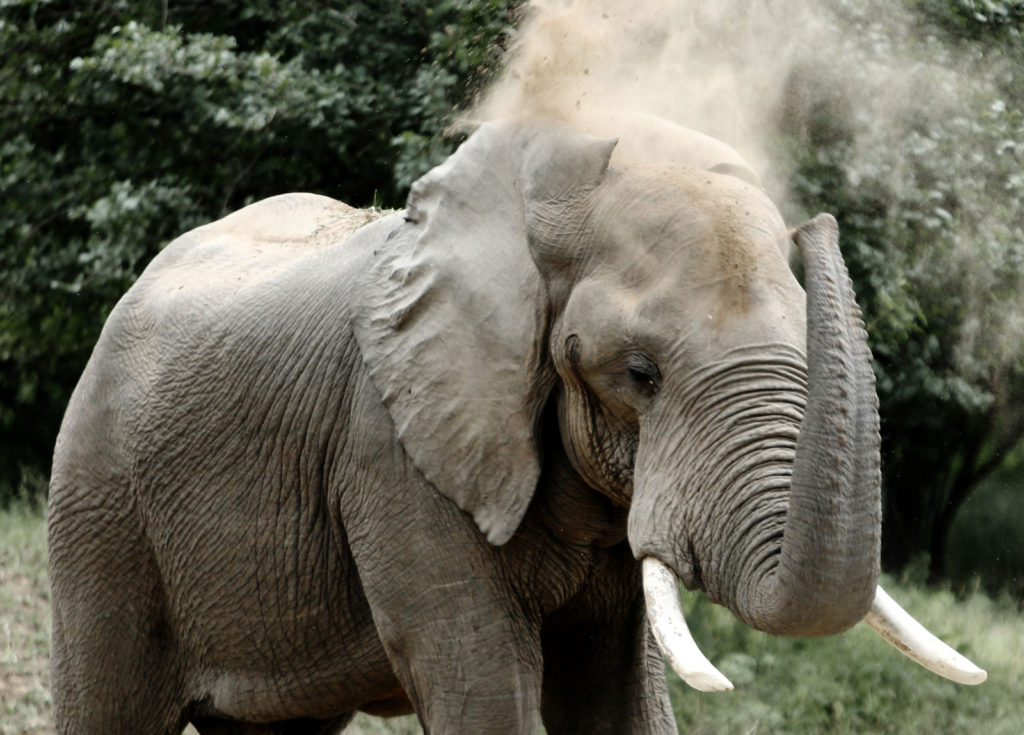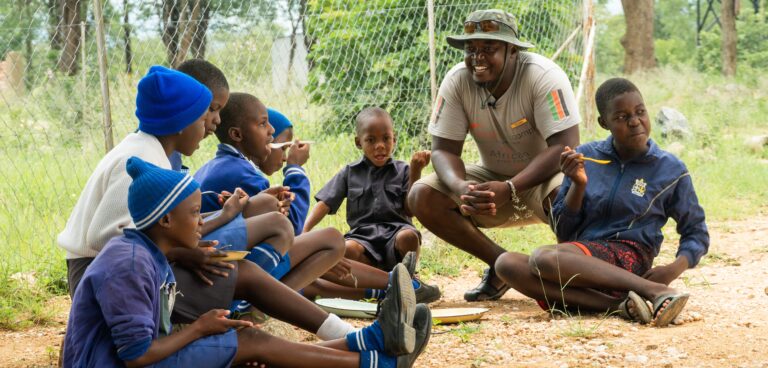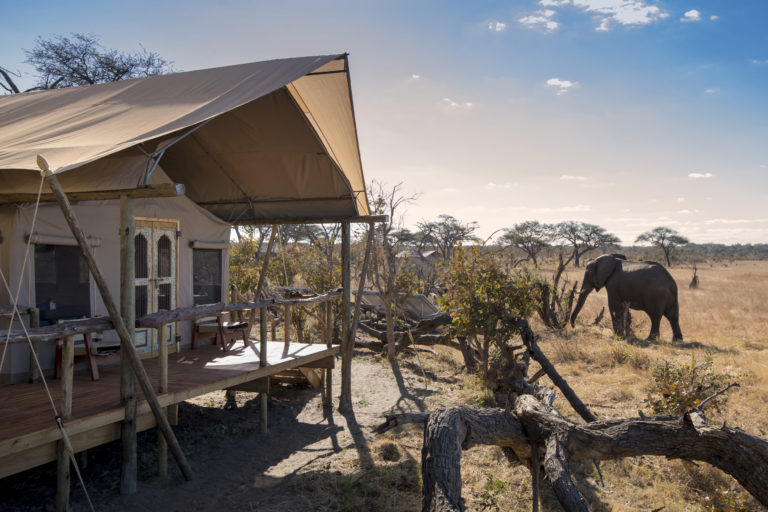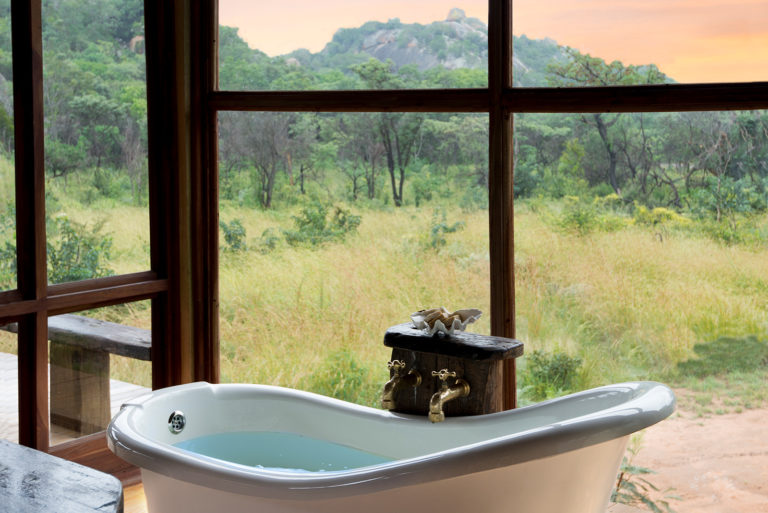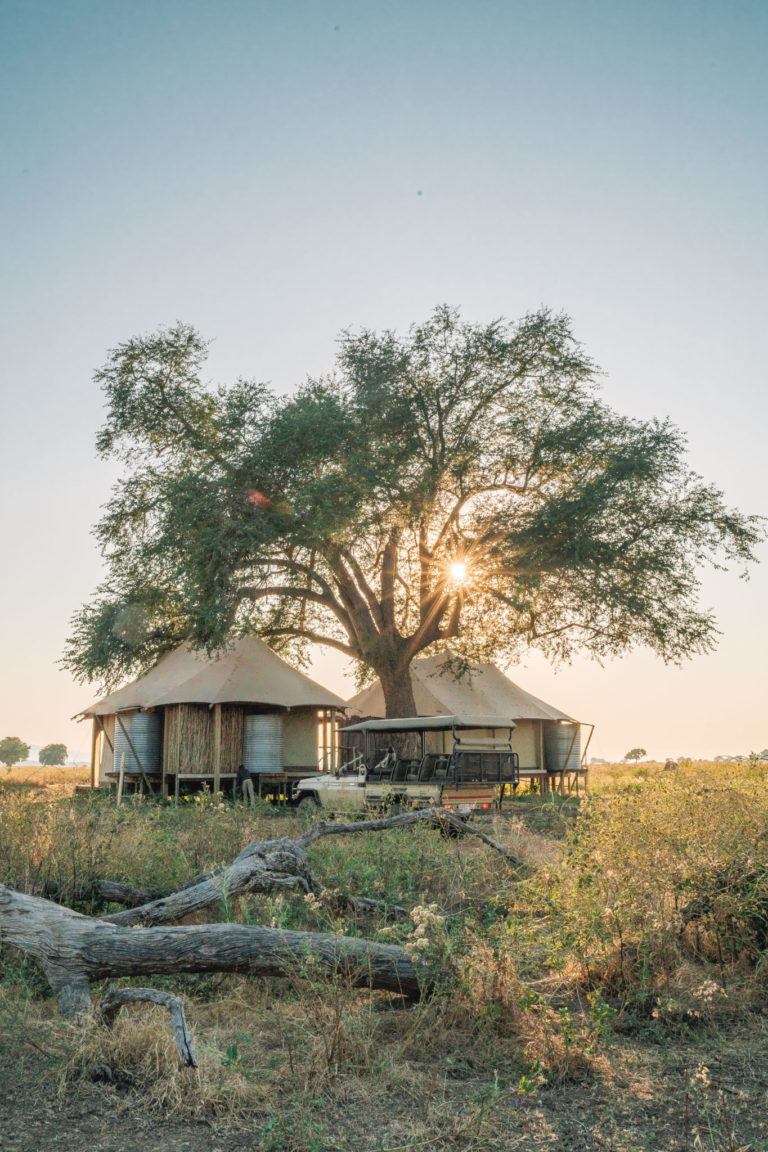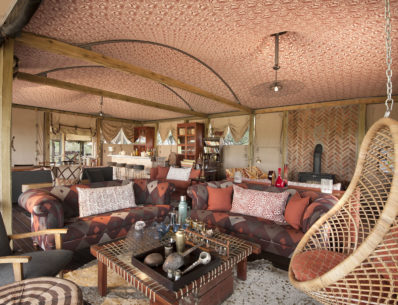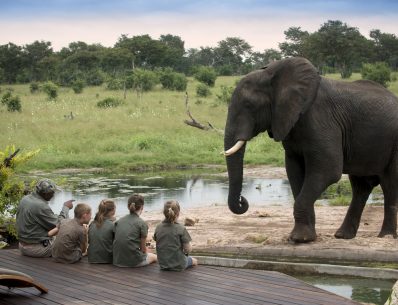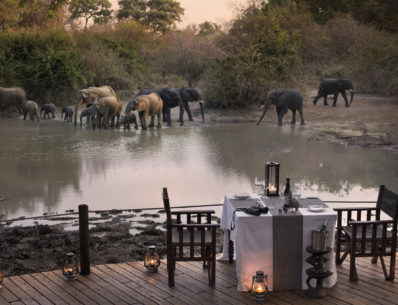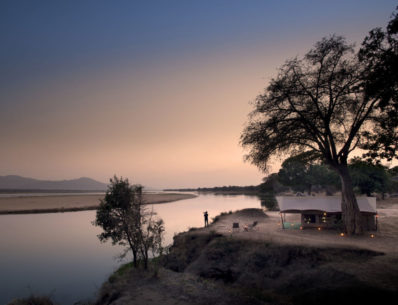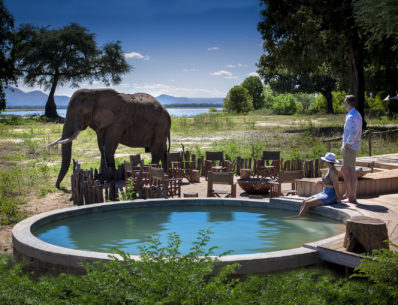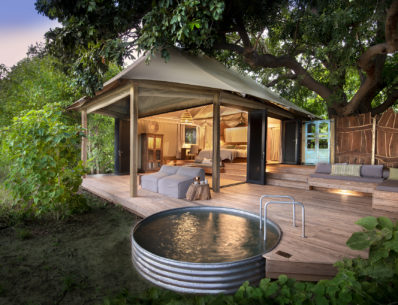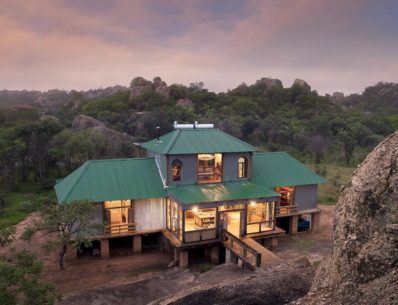The Classic Safari Destination
A beautiful landlocked country in southern Africa, Zimbabwe is a haven for intrepid travels and adventurers alike. Despite its political past and challenges, Zimbabwe has kept intact its most extraordinary credentials: dramatic landscapes under a perfect climate; its warm and friendly people; endless activities and some of the best wildlife encounters in the world. Boasting two world heritage sites, Victoria Falls and Mana Pools, there are endless corners of natural beauty to explore on your safari holiday in Zimbabwe.
With savannah grasslands in the central and western regions, exotic rainforests around the eastern highlands, and drier woodlands towards the northern tip where the mighty Zambezi River fuels the animal kingdom, Zimbabwe really does exude some of the most stunning terrains. Get off the beaten track with a range of activities to explore this iconic safari destination. Gently glide along the mighty Zambezi River on a canoe safari while marvelling at the incredible game on its rich shores. Spot a plethora of wildlife in the vast savannahs of Hwange National Park – home to one of the largest elephant populations in the world, before gazing in awe at Mother Nature’s most sublime display; Victoria Falls.


